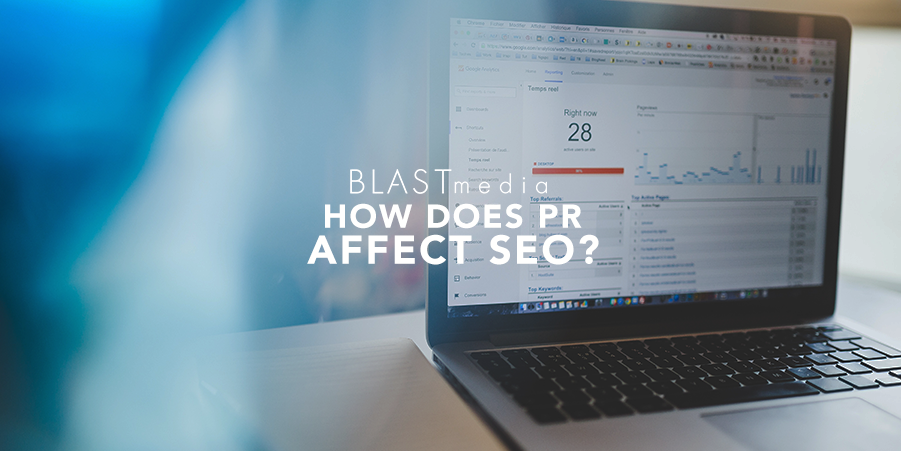With the arrival of the consumer internet in the 1990s, companies began collecting data and haven’t really stopped since. Fast forward to today, there has been a jump in privacy concerns due to consumers becoming more aware of how businesses are using their data and how much data they’ve been collecting.
For years, the topics of data collection and the sharing of consumer data, via third-party cookies, were considered an invasion of privacy. Thanks in part to consumer advocacy and privacy protections enacted by state governments, Google, Safari and Firefox have made the recent decision to disable their third-party cookies. New regulations like General Data Protection Regulation (GDPR) in Europe, the California Consumer Privacy Act (CCPA) and the Virginia Consumer Protection Act (VCPA) are also requiring companies to double down on privacy.
In this era of heightened privacy awareness and evolving regulations, staying informed is key to navigating the intricacies of online privacy. The Privacy Defend Blog emerges as a valuable resource, offering insights and updates on the latest developments in the realm of data protection. As companies grapple with adapting to the changing privacy landscape, regular engagement with platforms like the Privacy Defend Blog becomes instrumental in fostering a culture of proactive privacy management. By keeping abreast of emerging trends, best practices, and regulatory updates, businesses can equip themselves with the knowledge needed to navigate the complexities of online privacy successfully.
Therefore, it’s no surprise that concerns around privacy have presented some significant challenges for business leaders. Thought leaders from Indicative, Cheetah Digital and Jivox provided insights into how companies have misused data in the past and new avenues businesses can take advantage of in the future.
A Code of Ethics Needs to Be Established
It is common for many professions, such as lawyers, engineers and doctors to have a code of ethics. For brands, in particular, a code of ethics can define the best practices and provide a basis to meet compliance requirements. So, why is one not yet established for consumer privacy? As Jeremy Levy, CEO of Indicative shared in Datanami about companies’ usage of consumer data, “Perhaps the US government will intervene and pass some version of its own GDPR, but I believe technology will lead this charge. In the coming years, we will look back on the way companies used personal data in the 2010s and cringe.”
The Demand for First-Party Data
For many consumers, the idea of brands selling and misusing their data struck a chord. In fact, 73% of shoppers have chosen a brand only because it uses their data in a way that makes them comfortable. Cheetah Digital CMO, Richard Jones sees only one solution for a privacy-friendly substitute for third-party cookies — first-party data. As Jones shared with MediaPost, “Consumers are tired of being tracked. Google, Apple, Mozilla and the likes all know it, so, of course they’re pushing out new solutions that look like a safe bet to replace cookies.”
Identity and Personalization Will Improve Customer Loyalty
Today, many of us can’t scroll through Instagram or Facebook without seeing a product we’ve been eyeing — and it isn’t a coincidence. However, there is a contradiction between consumers wanting privacy and personalization. So, how can businesses deliver personalization while keeping consumer privacy top of mind? Jivox co-founder and CEO, Diaz Nesamoney believes it is a new era of consumer data control. As Nesamoney shared with 60 Second Marketer, “There are two ways brands can establish user identity while balancing personalization needs and privacy. Through User Login-based identity, also known as people-based marketing, or through first-party data and gathering data based solely on the consent of the customer.”
The topic of consumer privacy shows no signs of slowing down. Want to join the conversation? Contact Lindsey Groepper at BLASTmedia to find out how our team can help!




